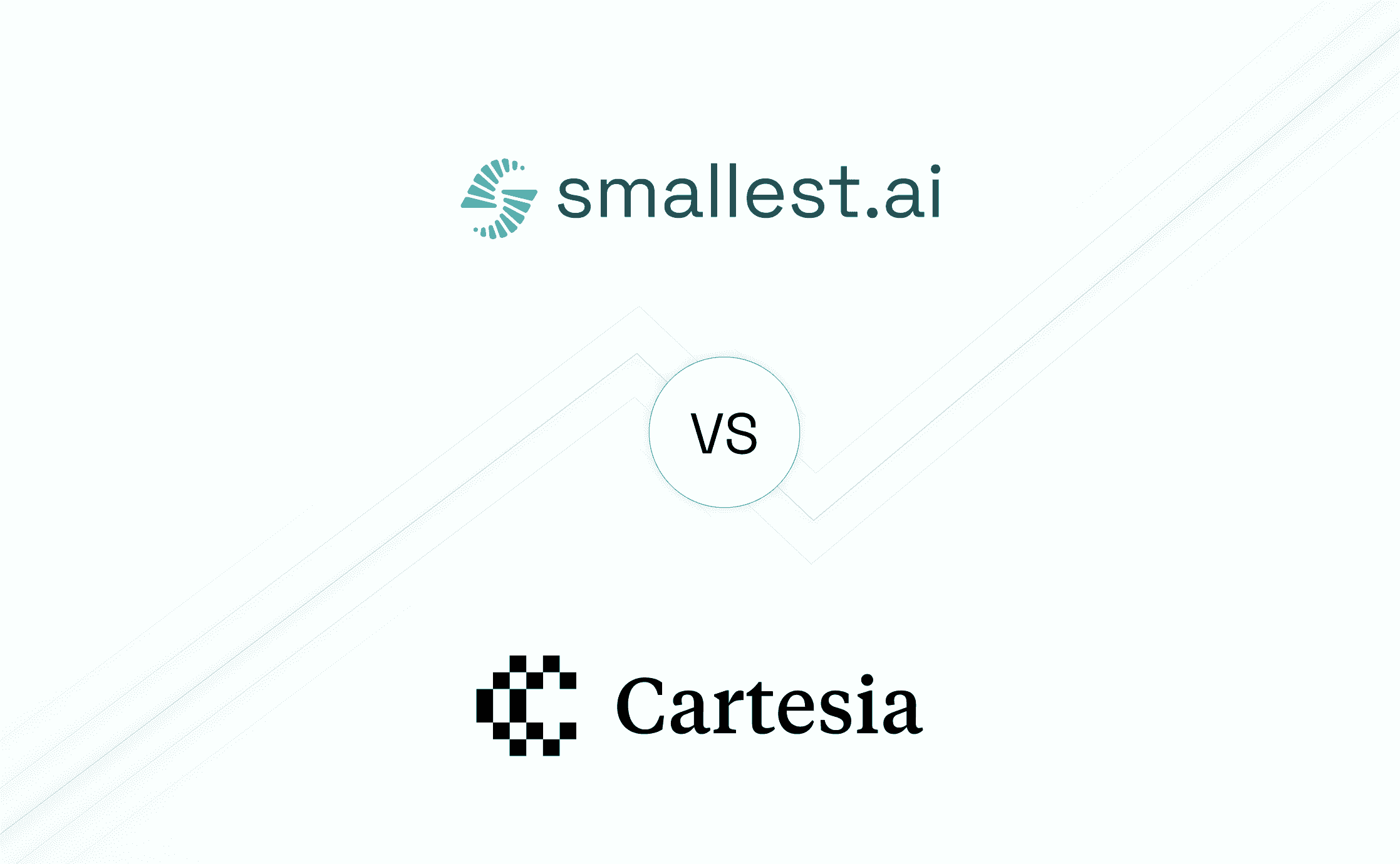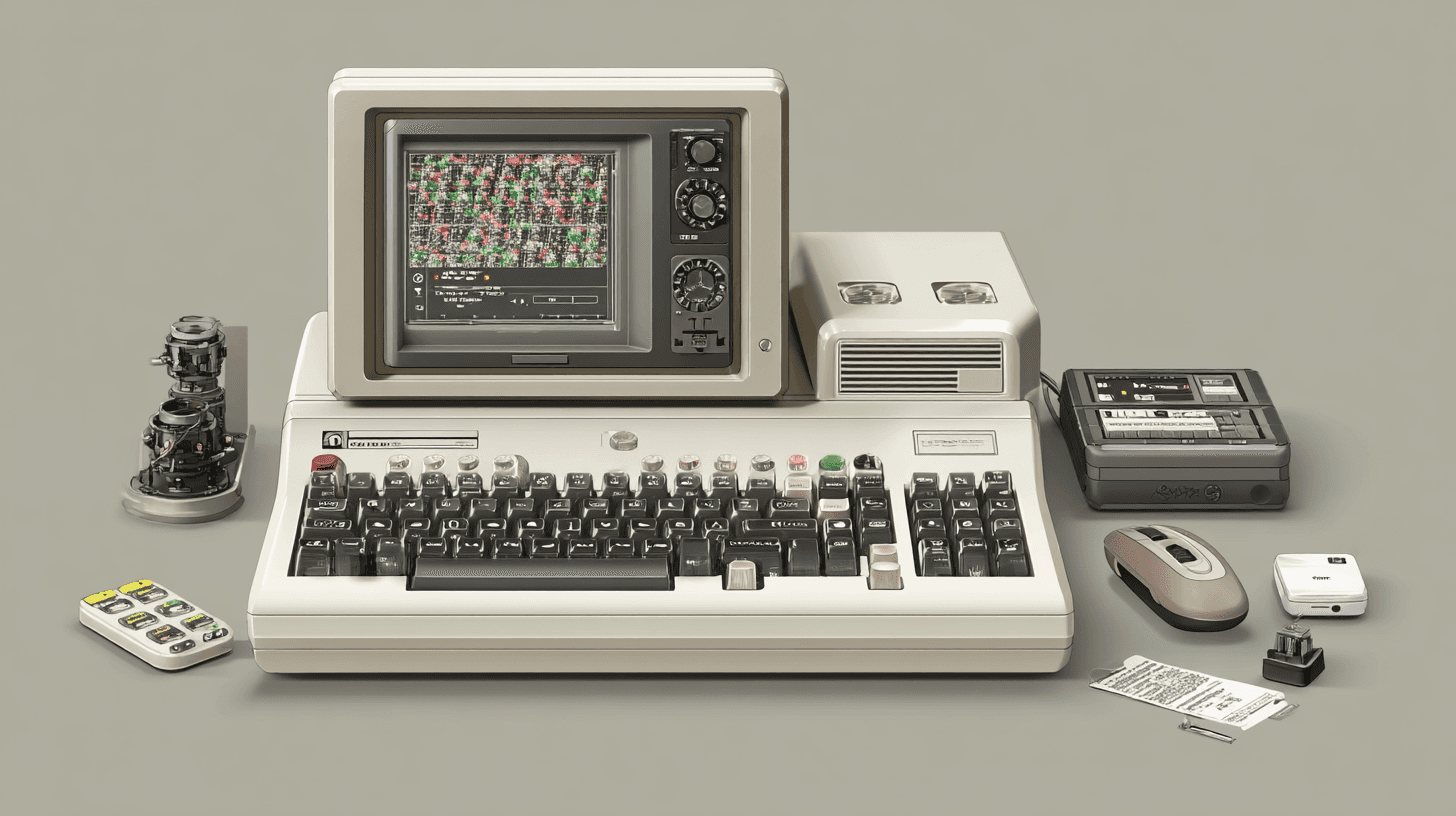Compare Smallest.ai vs Cartesia for TTS and Voice Cloning. Explore differences in voice quality, speed, emotional context, API features, and pricing.

Akshat Mandloi
Updated on
December 26, 2025 at 11:37 AM

client = Smallest(api_key="SMALLEST_API_KEY")
client.synthesize(
text="Hello, this is a test for sync synthesis function.",
voice="emily",
speed=1.0,
sample_rate=24000,
save_as="smallest.wav"
)Cartesia Cartesia also provides an easily accessible API. Find the official docs here.pip install cartesiaimport os
import subprocess
from cartesia import Cartesia
if os.environ.get("CARTESIA_API_KEY") is None:
raise ValueError("CARTESIA_API_KEY is not set")
client = Cartesia(api_key=os.environ.get("CARTESIA_API_KEY"))
data = client.tts.bytes(
model_id="sonic-english",
transcript="Hello, world! I'm generating audio on Cartesia.",
voice_id="694f9389-aac1-45b6-b726-9d9369183238", # Barbershop Man
# You can find the supported output_formats at https://docs.cartesia.ai/api-reference/tts/bytes
output_format={
"container": "wav",
"encoding": "pcm_f32le",
"sample_rate": 44100,
},
)
with open("cartesia.wav", "wb") as f:
f.write(data)
PricingSmallest.ai offers competitive pricing, going as low as just $0.01 per minute for text-to-speech (TTS) and $0.045 for instant voice cloning, making it cost-effective even for large-scale businesses. Find the pricing here.Cartesia.ai provides versatile plans, including a free tier with 10,000 characters. Paid plans range from $5/month for 100,000 characters to $299/month for 8 million characters, with custom enterprise options and a startup grant offering four months of the Scale Plan free. Learn more here.ConclusionSmallest.ai excels with its ultra-fast processing, hyper-realistic voice synthesis, and affordable pricing, making it a standout choice for businesses requiring scalable TTS and voice cloning solutions. Its ability to intuitively capture emotional tones and provide nuanced outputs with minimal latency showcases advanced innovation.In contrast, Cartesia.ai, while offering flexibility and a competitive free tier, falls short in supported languages, voice depth, and processing efficiency. Its reliance on manual parameter adjustments limits usability for dynamic applications, leaving Smallest.ai as the more comprehensive and versatile option.

Automate your Contact Centers with Us
Experience fast latency, strong security, and unlimited speech generation.
Automate Now

